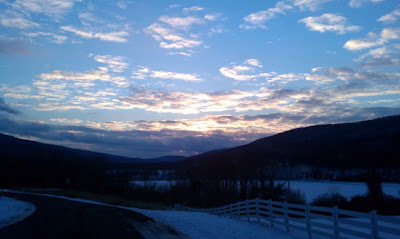Listen to this poem using the player above.
I went to see Jeff “Tain” Watts, Robert Hurst and Steve Coleman tonight at Jazz Standard. I ended up chatting with Coleman and John Szwed, author of the definitive book on Sun Ra. I put into this poem bits of our conversation, song titles and phrases inspired by the setting and performance.

in which we cross east 27th street at high tide
ancient ways, gold days & spaceways
with an iced tea & a side of fries
how’s the weather in Bahia?
here in New York the street-corner
gutter is a river with no ferry boat
so we turn the string bass on its side
use the bow as a paddle
& since Michael isn’t around
Robert rows us ashore
to the warm lands
where we will know despair no more
(catch the Hail Mary as it spills from her lips)
“how ’bout a hand for the band, the guys?
it ain’t me — we’d play all night”






